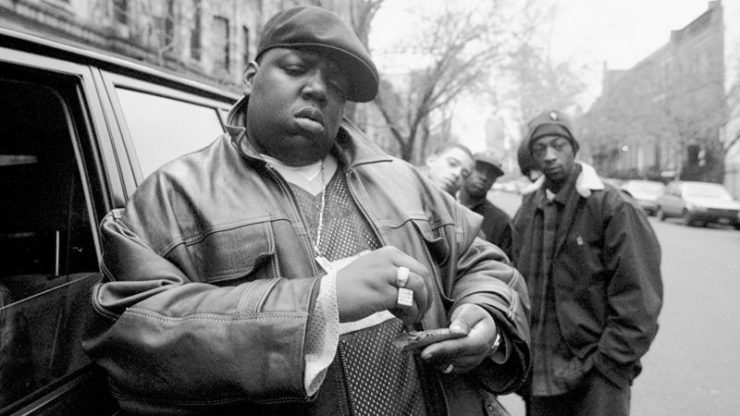
I’ll Always Love Big Poppa: How Biggie Smalls Helped Me Understand My Parents’ Deaths
March 9, 2018On March 9, 1997, rapper Biggie Smalls, born Christopher Wallace, had his life taken way too early. He was 24 years old. He was gunned down after leaving an industry party in Los Angeles, six months after the death of rapper Tupac Shakur. Being from Bedford-Stuyvesant, Brooklyn, and seeing how this entire New York City community came together to mourn—by pouring into the streets and openly grieving—helped me learn how to understand death and loss in a way that I didn’t get at home.
I was one month shy of my second birthday when my biological mother died. I don’t remember anything about my mother’s death, her funeral or what happened immediately after. I have no memory of my mother. I don’t know what she smelled like. I cannot recall what her voice sounded like, how she laughed or how she walked. All I had was a photo album of pictures of her with her friends, ex-lovers and middle school class.
Two years later, my father would lose his battle to Hodgkin’s lymphoma. I remember some things about my father. How tall he was and how white his teeth seemed to be. I have memories of a trip to the zoo, of him purchasing me a life-size Barney and giving me a puppy we named Matrix. While I didn’t remember much about either of my parents, one thing was true: They were both gone before my first day of kindergarten.
Although I was far too young to process my parents’ deaths when I was 7, I was clear that Biggie Smalls had died, that he wasn’t coming back, and that many people whom I knew and loved were really upset, a phenomenon I would later learn was called grief.